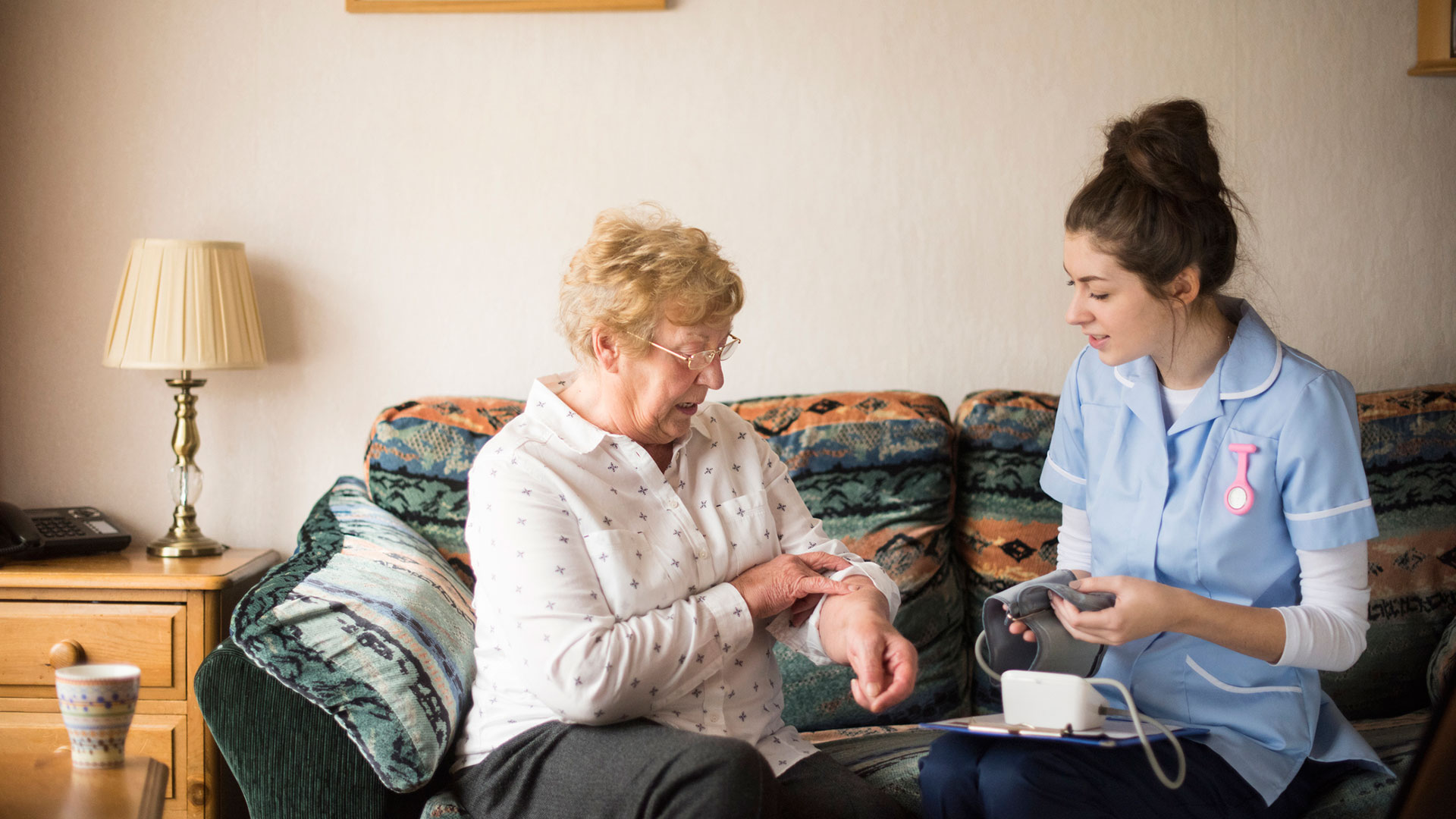Social care became a surprisingly hot topic of discussion during the general election. The subject has been almost completely neglected in recent years but Prime Minister Theresa May ensured it was pushed into the spotlight when her party pledged a radical shake-up of the social care system.
The Tory manifesto outlined a plan for people receiving care at home to have their housing wealth taken into account when calculating charges, in the same way permanent residents of care homes currently do. May was forced during the campaign to promise an “absolute limit” on the amount people would have to pay for the costs of their care, following a barrage of negative headlines.
Despite the brouhaha, all the leading charities in the sector agree: Britain’s care system faces a funding crisis, one that cannot be ignored much longer. An ageing population means demand for care is increasing. And the funding for the care that local authorities provide for people in their own home has been cut, falling 17 per cent since 2010.
Local authority funding for care provision in the home has fallen 17% since 2010
If many councils are having to do more with less, they would be wise to look at some of the innovative and ambitious work of care organisations in the third sector.
Charities, social enterprises and social businesses are developing new ways to offer a more personalised, flexible form of care at home, allowing many older people and adults with disabilities to choose what kind of care they need while living more independent lives.
Moving away from the one-size-fits-all approach, the Scottish homecare charity Cornerstone allows people with disabilities and other support needs to personalise and tailor their own budget. The aim is to give them more choice and control over the regularity of nurses’ visits, help with cooking, cleaning and other services.









